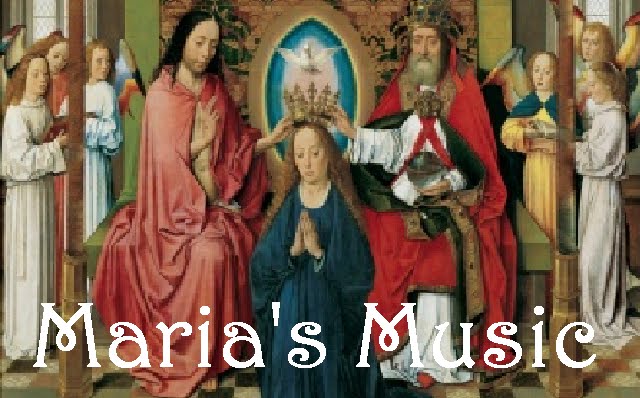A new blog was brought to my attention: Quantitative Metathesis. The writer just recently became a Passionist nun, so she's done posting. I began reading her blog from the beginning and have been thoroughly in awe on a number of occasions. She is such a good writer.
At any rate, I've always been annoyed with Atheism these days. You get this contingent of kids who for whatever reason don't profess the existence of a God, but they leave their philosophizing there (I saw many such kids at my Catholic high school). Then these kids grow up, in bodily age only, and operate in Christian civilization uninterruptedly while still denying a Christian God. They accept an innate understanding of right and wrong, not explicitly, but implicitly, never admitting to themselves that their sermons on "equality" and "fairness" assume that equality and fairness are rights owed to man. The real atheists knew you can't deny God and accept a moral law not stemming from socialization. Quantitative Metathesis girl puts it much better:
When we begin denying the legitimacy of our natural inclinations, we simultaneously begin denying the legitimacy of our selves. In effect, we deny that we have the ability to know good from evil, truth from falsehood, happiness from grief. We deny that there is more to the world than its face value, that there is something other than physical reality. That these distinctions must exist is among the most basic of our gut feelings – even the most hardened materialist and cynic would like them to be true, and is driven to despair and/or madness when he convinces himself that they are not. He denies the truth his heart professes and, in doing so, destroys himself. His self cannot deal with the rejection of truths it knows to be true, even though he is the one who has rejected them, and it wilts within the barred walls of its logical prison.As you no doubt caught on, this was written in the midst of a post discussing natural inclinations, in fact, the natural inclination Chesterton had towards God. What I think she is identifying is the initial irrationality of so many Christian doctrines. There are so many things that Christians believe that you aren't going to be able to explain to anybody. They may make perfect sense once your in the door, but until then, it's a mystery. That's why the Church calls the Sacraments the Sacred Mysteries! I think God gives us the inclinations that QM talks about in order to get us in the door, and once were in there then he can start to explain it all to us.
Take not that the explicit theology of the Epistles is not in the Gospels. Look at the Gospel for today: Jesus says (last week) "whoever eats my body and drinks my blood inherits eternal life", at which point the crowd responds "this is a hard teaching, who can believe it", and Jesus says "if you wish to leave, go". Jesus knew full well that he wasn't going to be able to insist on the grave, central and incredible nature of the Eucharist in the Church he was establishing. Even after centuries of theology we can hardly put two and two together.

0 comments:
Post a Comment